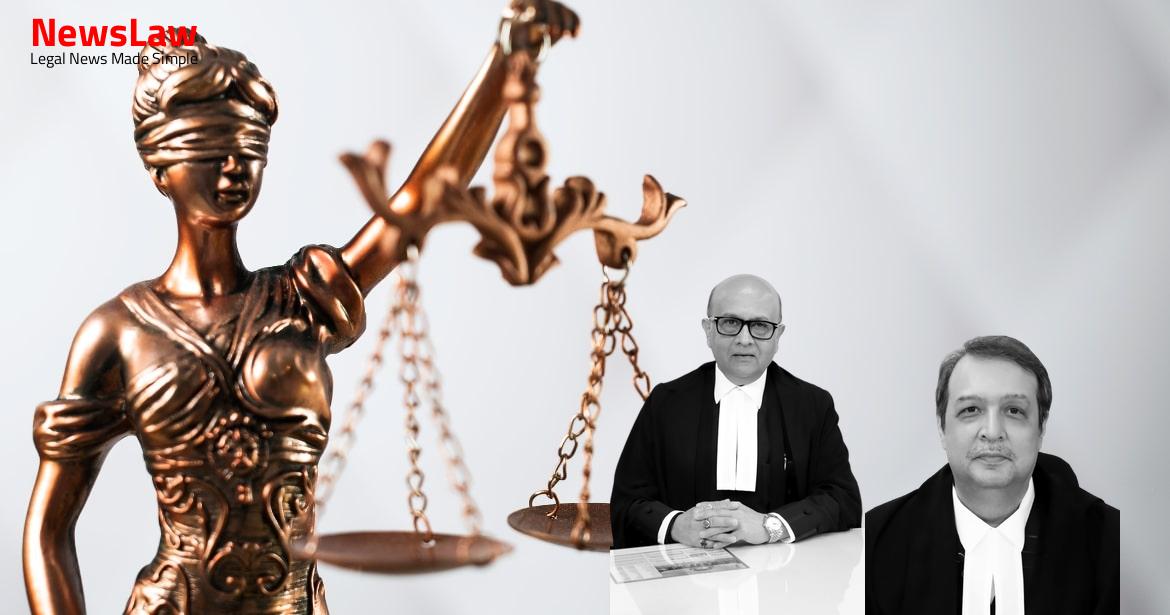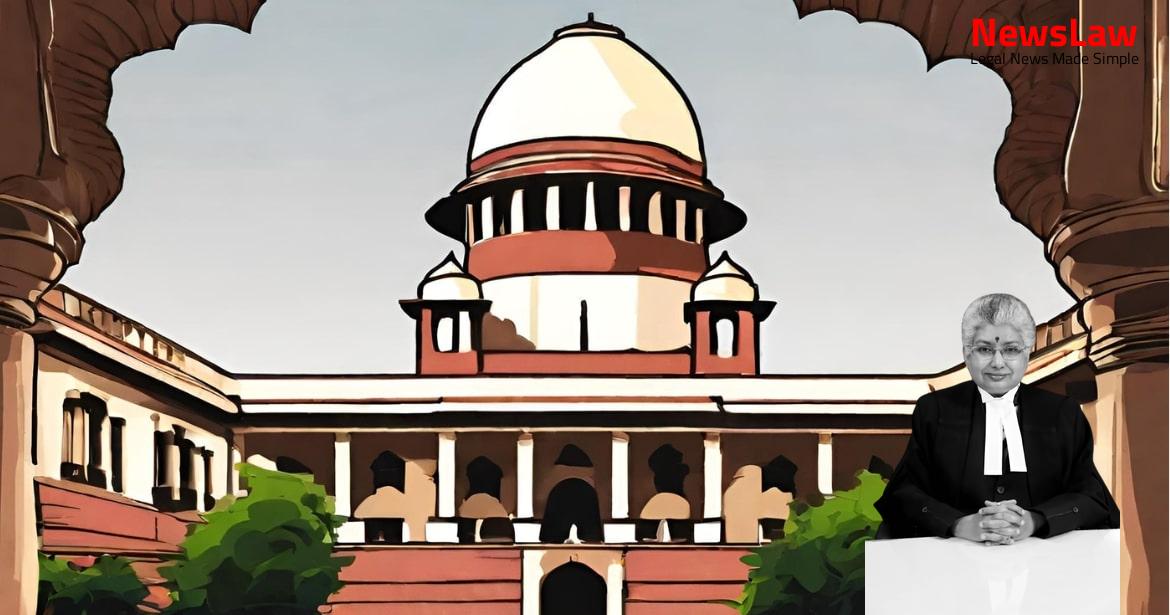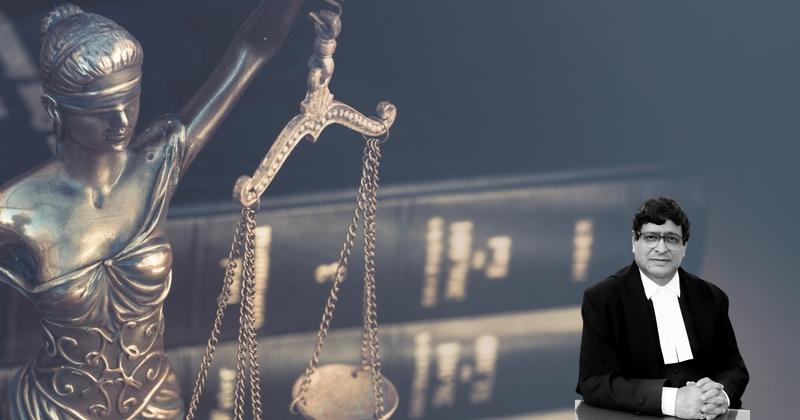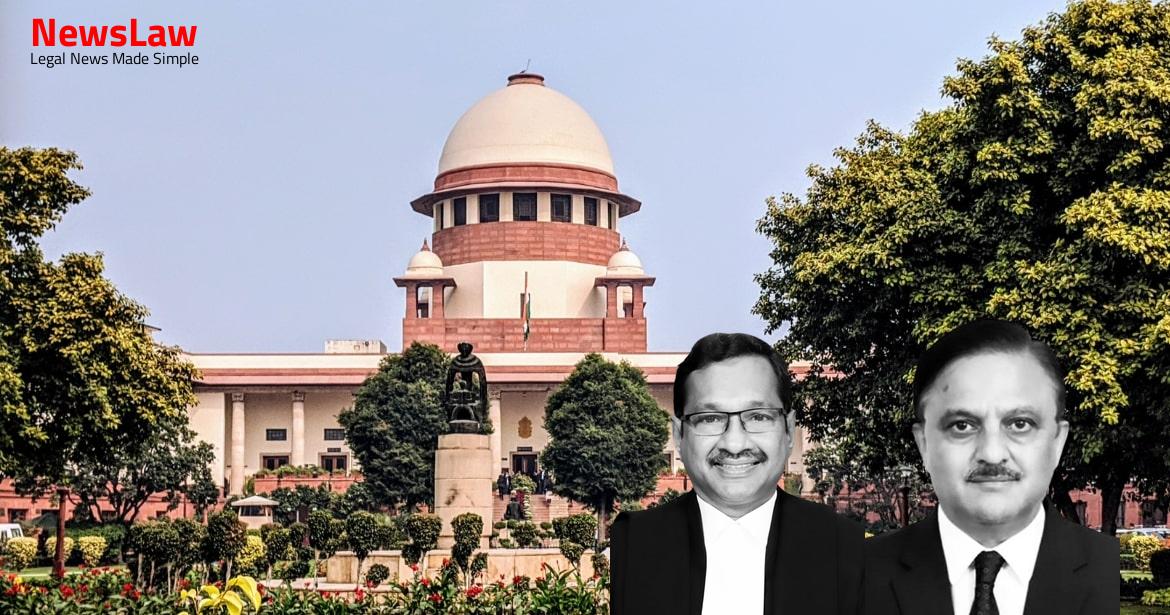In a significant legal development, the Supreme Court of India has handed down a verdict in the dowry death case involving Jitendra Singh. The Court’s decision resulted in the acquittal of the accused on charges under Section 304-B and 498-A IPC. This judgement marks a crucial turning point in the case, affirming the importance of due process and careful evaluation of evidence in matters of criminal law.
Facts
- The trial court relied on testimonies of PW-1, PW-2, and PW-3 to establish harassment of the deceased before her death related to demands for a motorcycle and cash.
- The accused were convicted for dowry death under Section 304-B IPC and for cruelty under Section 498-A IPC based on the presumption under Section 113-B of the Evidence Act, 1872.
- Two separate criminal appeals were filed before the High Court, with the accused Jitendra Singh serving the sentence and not filing an appeal.
- Witness DW-4 mentioned seeing an empty kerosene can and matchsticks near the deceased’s body during the inquest, indicating the use of kerosene in the incident.
- PW-1 lodged the FIR against the accused Jitendra Singh and the appellants for various offenses under IPC and Dowry Prohibition Act.
- The deceased had expressed distress over not being taken to her husband’s workplace, indicating a troubled relationship.
- The appeals were decided by the High Court, leading to the affirming of convictions under Sections 304-B and 498-A IPC with a reduction in the sentence for the appellants.
- The defense witnesses testified regarding the deceased not complaining about harassment for dowry demands and provided their alibis during the incident.
- Allegations were made regarding demands for a motorcycle and cash during the child’s naming ceremony, leading to pressure on the deceased.
- Multiple family members testified to the deceased’s depression due to the demands made by the accused.
Also Read: Supreme Court Dismisses Special Leave Petition: Hyperhidrosis Case
Arguments
- The autopsy report stated that apart from burn injuries, no other marks of injury were found on the body of the deceased.
Also Read: Jurisdiction and Extension of Time in Contract Rescission Case
Analysis
- The defense evidence indicated that none of the accused persons were present at the time when the deceased was found burnt in the courtyard.
- No direct evidence of cruelty in connection with dowry demand was presented by prosecution witnesses.
- The phrase ‘otherwise than under normal circumstances’ includes a suicidal death within its scope.
- The presumption under Section 113-B of the Evidence Act requires all essential ingredients of dowry death to be proven beyond reasonable doubt.
- The testimonies of the prosecution witnesses did not support the FIR allegations of demands for dowry.
- There was no concrete evidence of direct dowry demands made by the accused appellants.
- The courts failed to evaluate the allegations against surrounding circumstances and witness depositions during cross-examination.
- Inconsistencies in witness statements and lack of corroboration raised doubts on the truthfulness of the allegations.
- The presence of accused at the time of the incident was not established, pointing towards the likelihood of suicide.
- In order to establish a dowry death, all necessary ingredients must be proven beyond reasonable doubt.
- If all the elements of dowry death are not proved, the presumption under Section 113-B of the Evidence Act will not be available to the prosecution.
- The statement under Section 313 CrPC mentioned that a photograph had shamed the deceased.
- A photograph of the deceased (Ex. Kha 1) showed her alone with a male stranger, with no dispute raised by prosecution witnesses.
Also Read: Ownership Liability of Hindustan Motors and Vaibhav Motors in Vehicle Compensation Case
Decision
- The appeal is allowed.
- Pending application(s) are disposed of; no surrender needed.
- Bail bond(s) are discharged.
- Appellants are on bail.
- Appellants are acquitted of charges under Section 304-B and 498-A IPC.
- Order convicting and sentencing appellants under Section 304-B and 498-A IPC is set aside.
Case Title: SHOOR SINGH Vs. STATE OF UTTARAKHAND (2024 INSC 713)
Case Number: Crl.A. No.-000249-000249 – 2013



